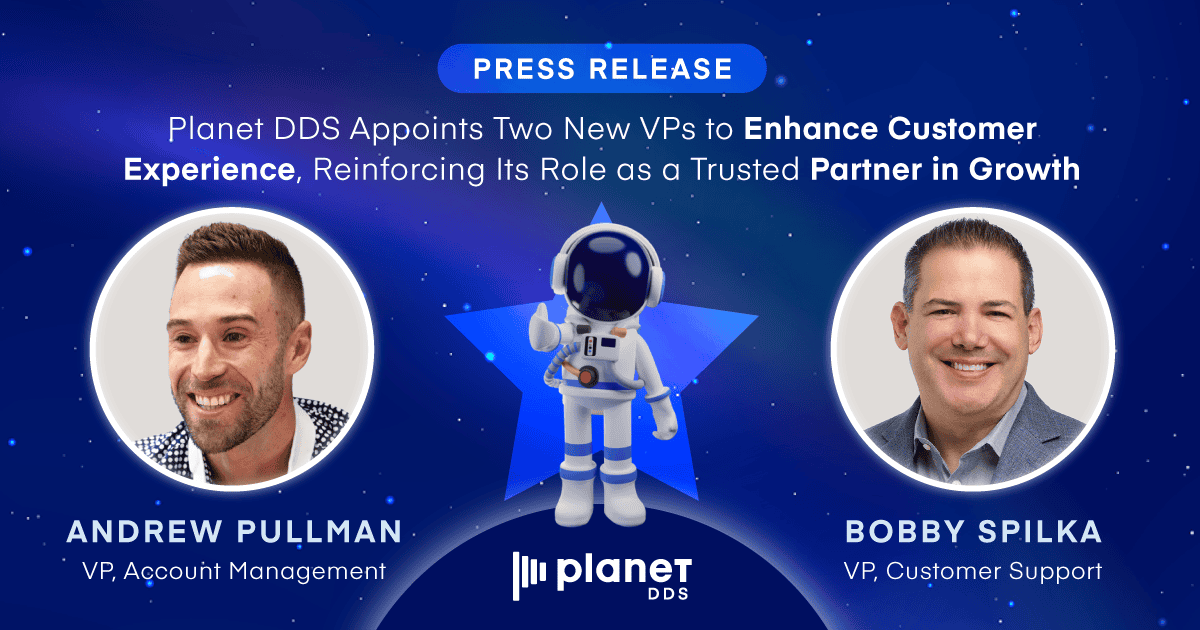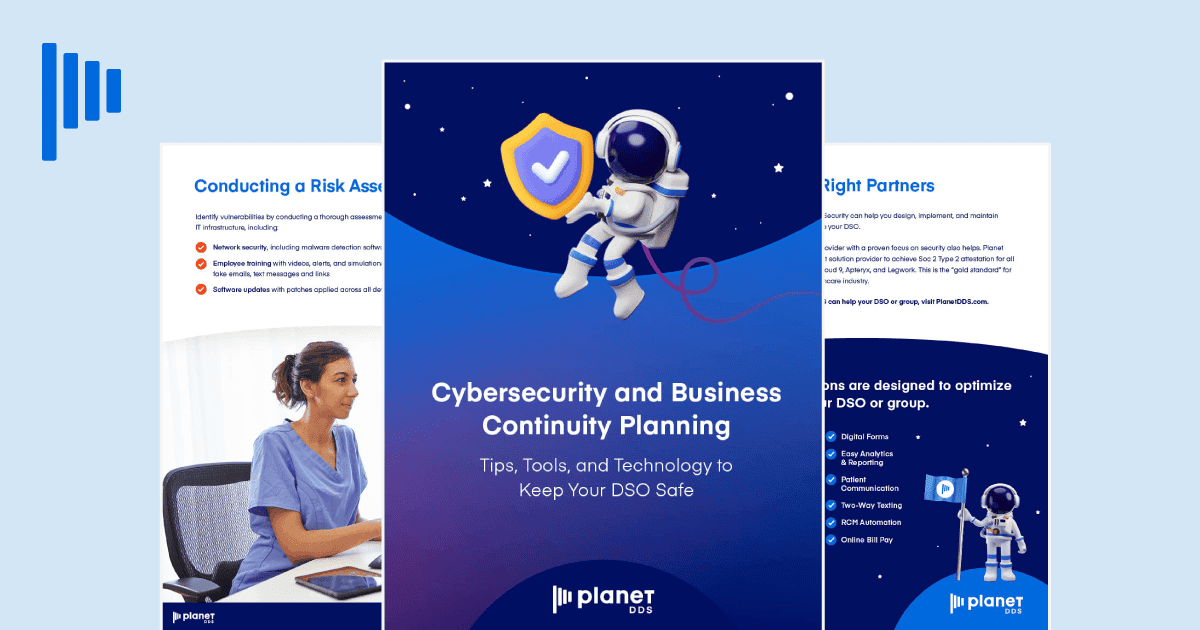9 Benefits To Healthcare Social Media Marketing

By Dr. Greg Grillo
The emergence of social media as a daily staple doesn’t come as a surprise to many sociologists. After all, we’re social creatures. And loneliness seems to contribute to health problems , including cancer, heart disease, and dementia. Facebook doesn’t replace physical interaction, but social platforms appeal to human nature. After all, nearly 3.9 billion people have an average of 8.8 social accounts each.
Whether or not we like social media, it isn’t going away. Practices that understand the role of digital connectivity harness the power of healthcare social media marketing and put it to work for them. The benefits extend in every direction, but here are nine to consider.
1. Social Networks Is Where You’ll Find People
Daily newspapers once served as the natural place for business ads, but smart businesses pivot to join the crowd. In 2018, newspaper circulation dropped to its lowest level in nearly 70 years. Social media platforms provide a modern-day forum to attract eyeballs, especially on mobile devices.
2. You Choose Your Demographic
Social media belongs to everyone, not just Millennials. Early adopters fell into a younger demographic, but 84% of people over age 75 report having at least one social media account in 2021. Teens gravitate towards TikTok, Baby Boomers prefer Facebook, and 25-34 year-olds make up the biggest group on Instagram. Choosing specific platforms can automatically bring you closer to the demographic you prefer.
3. Relationships Develop In Social Spaces
Our patient relationships hinge on the interaction in our offices, but those visits may span months or years. Patients like us, but other healthcare brands may distract them if we don’t keep the connection alive online. Social media presents a unique opportunity to “socialize” with our patients, broaden the relationship, and overall boost the patient experience.
4. Drip Marketing Sets The Stage For Conversion
Consumers appreciate seeing social media posts from healthcare brands, especially if we take the time to respond to their comments and provide information. While many factors influence consumer choices, 63% of people indicate they’ll choose one provider over another based on a robust online presence. If we build awareness with social media users, they’ll be more likely to consider us when making healthcare decisions and they need our services.
5. Take Control Of The Perpetual Narrative
Social media gives everyone a stage to share their opinion through reviews, posts, and comments. If we’re not there, we can’t say much. But if we’re present on the key platforms, like Facebook, we can respond to comments and offer guidance on questions or current health issues.
6. Leverage Your Marketing Dollars
Social media companies gather data on users and allow us to target market segments. Instead of creating a general ad that reaches everyone, we can display relevant ads to the audience we choose. Combining this strategy with consistent free posting and some paid boosting of posts creates a mix of organic and paid traffic that reaches people with messages intended for them.
7. Harness The Power Of Social Video
An appetite for video presents an opportunity to give consumers what they want. Despite consuming an average of 16 hours of online video weekly , 86% of people say they’d like to see more video from brands. Adding video to our social platforms gathers more attention, especially since many healthcare industry providers don’t include it. Professional production isn’t necessary; use your phone, produce short clips, address common questions, and give patients insight into your practice.
8. Increase Website Traffic
Social media posts and ads create an avenue straight through to your website. Enticing ad copy that links to a landing page on your website brings traffic, and Google likes incoming traffic for SEO purposes, too. Consider posting monthly blog posts on your website, and use a social post to invite readers to click to learn more. Copy that leads to valuable content helps increase your authority, reputation, and rankings.
9. You Learn A Lot About What People Want
Social media analytics help you gauge what people want from your brand. For example, 68% of parents use social media for health information. If you target parents with a boosted video on how to help children stop thumbsucking, the views and actions will help you know if you should offer more of this type of content.
5 Examples of Social Media In Healthcare Marketing
As you consider the benefits of healthcare social media marketing, let your imagination pave the way. For example:
- One client I’ve worked with uses boosted dental Facebook videos to attract 2500 views and grow the brand’s followers to over 1000 people in his small community.
- A physical therapist I know designed a Facebook ad for a free balance assessment that brings people to her website.
- An optometrist runs a back-to-school campaign in mid-summer for discounted eye exams for kids.
- Our practice schedules twelve organic Facebook posts, plus one paid ad each month, to stay engaged with our nearly 900 followers.
- A local chiropractor had a solid response to a social media ad that offered a free initial virtual visit to discuss concerns. The majority of the visits led to in-office treatment.
Embrace Social Media Marketing For Healthcare Professionals
Social media platforms allow us to connect with people in a space that’s full of opportunities. Only 51% of healthcare providers report using social media marketing, but the average person spends 142 minutes every day in their accounts. We can differentiate our practices by building online relationships and staying top-of-mind within our niche. But it takes consistency and a careful balance to create a multi-platform social media strategy.
Legwork Digital Marketing helps practices connect with new patients by placing strategic ads on Google, Facebook, and Instagram. Find out how the team can create an ad marketing strategy that captures the attention of searchers with intent-based advertising on Google. Your healthcare ads get rounded out with brand-building campaigns on Google display and social media like Facebook and Instagram. If you’d like to learn more about a single-platform solution to attract, nurture, and convert visitors into patients, reach out! Discover why so many healthcare practices rely on Legwork for digital marketing campaigns that work.
[dr_grillo_bio]



